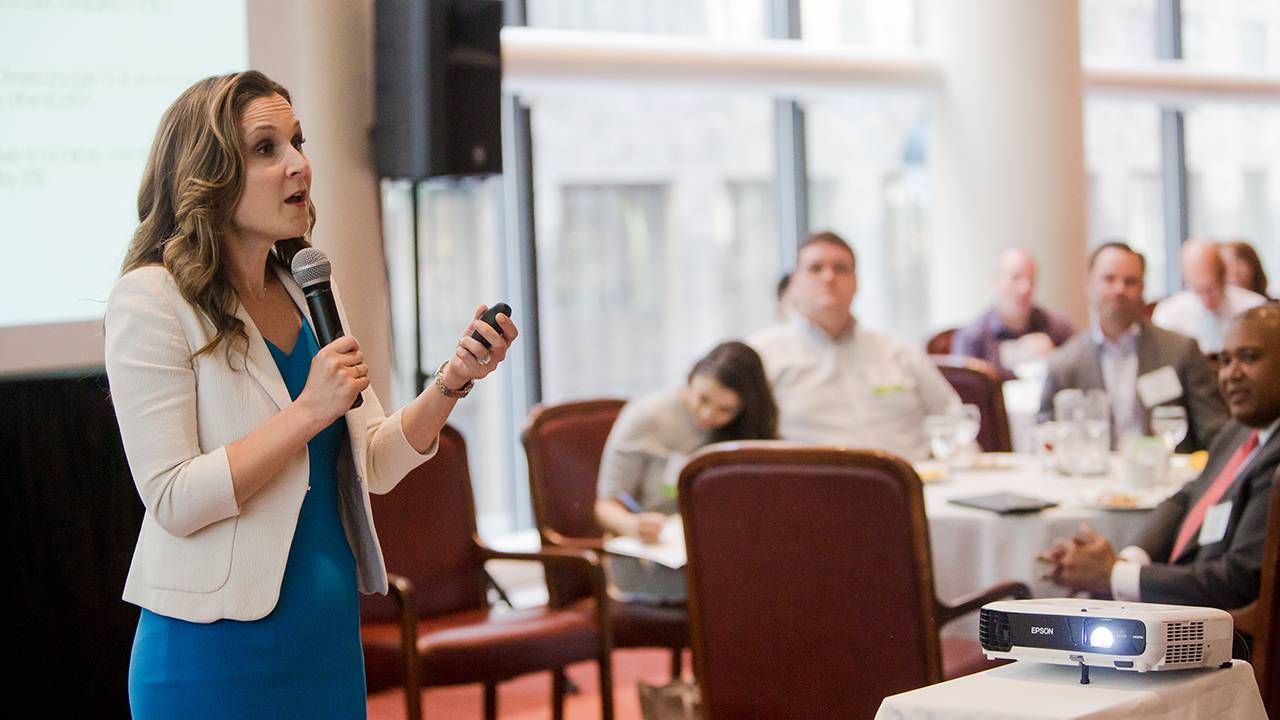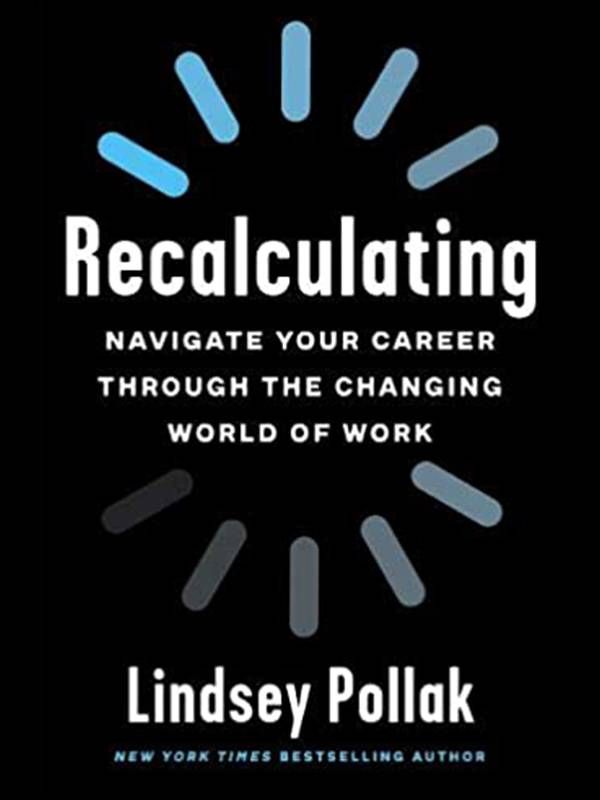Navigating Your Career Through the Changing World of Work
Advice for older job hunters and employees from workplace expert Lindsey Pollak, author of "Recalculating"
"Since the beginning of 2020, every single person around the world has experienced a collective, unplanned, unwanted disruption — far worse for some than others — and it has changed every single one of our career trajectories in one way or another."

So writes Lindsey Pollak in the introduction to her excellent new book, "Recalculating: Navigating Your Career Through the Changing World of Work" (available for purchase March 23). The fourth book for Pollak, a New York City-based workplace expert and bestselling author, it's a must-read if you're struggling with your career during this tumultuous time.
I've been amazed by the number of recruiters who tell me that it is the job candidate who draws attention to their age during the interview.
The book 's title was inspired by the "recalculating" voice on GPS that activates when you take a wrong turn and need to course-correct. In Pollak's book, she outlines five "rules of the road" to help workers steer their careers back on track.
I've long admired Pollak for her well-researched, practical and tough-love approach to overcoming complex career challenges. So, I was delighted to get an advance copy of "Recalculating" and learn more about what older workers — those with jobs and those looking for work — can do to adapt to the new normal.
We spoke by Zoom; highlights of our conversation follow:
Next Avenue: In your book, you outline five 'rules of the road' to help steer a career back on track. The first is to 'embrace creativity.' What do you mean?
Lindsey Pollak: If you want to thrive in our 'new normal,' you must be willing to think outside the box and do things differently. This includes learning new technologies; networking with people who think, work or act differently than you and being open to career opportunities in industries that you might not have considered previously.
So many people needlessly limit their options.
There's a universe of jobs out there beyond what you might be aware of. But to learn about them, you have to do some digging and see what's possible.
A smart way to do this is by taking an assessment test. Assessments can help broaden your options by showing you how your expertise and talents intersect with other careers. You might be able to check with your university's career center to learn which assessments they offer. Or try the free online assessment offered on the website 16Personalities.com. [It's named for the 16 personalities of the Myers-Briggs Indicator of personality types.]
This is a very scary time for so many workers. But you say the best way to counteract fear is with action. The book features an exhaustive list of small actions readers can take, like sending a thank-you note to someone who has supported you during the job search. But staying active becomes more challenging for the long-term unemployed. What suggestions do you have?
It's not easy, but this is when having an accountability partner – a fellow job seeker or supportive friend — can be really helpful. Check in with each other on a regular basis about your progress.
Participating in a job search support group or forming a text chain with people who have been laid-off within your community can be useful, too.
Job search is a numbers game, and you need to keep at it. Most importantly, focus on what you control. You can do more than you think. For example, you can't control whether you get the job, but you can work on the quality of your résumé, prepare great interview answers and use your network to research potential employers.
You stress the importance of maintaining a positive mindset for a successful job search. Yet age discrimination is pervasive. How can older job seekers work around this?
I've been amazed by the number of recruiters who tell me that it is the job candidate — not the potential employer — who draws attention to their age during the interview. They [the applicants] say things like, 'I know I might be overqualified for this role' or 'I'm probably older than most people who work here.'
Defensive statements like that only serve to undermine your credibility. It's so much more productive when you emphasize what you have to offer, instead of drawing attention to your age.
In today's tight labor market, many job hunters and workers are being forced to make concessions. They might have to accept a lesser role, a longer commute or a lower salary. How can people deal with the disappointment?

It's a bitter pill to swallow, but I do believe that you can take almost any job and turn it into something worthwhile.
It might not be your first — or fifth — choice, but it could be an opportunity to master a new skill, meet somebody interesting or learn about a new industry.
If you can find some way to benefit from the work, nobody will judge you harshly for taking something that might be otherwise seen as a step backwards.
In the book, you write: 'If there is one overarching lesson that a global pandemic has taught all of us, it's that you never, ever know what lies ahead.' As a result, you believe that all workers, even those nearing retirement, must continually pivot. Can you elaborate on that?
I don't think you have a choice now but to continually adapt, upskill and remain technologically savvy. That doesn't mean you have to learn to code. But you need to get comfortable with technologies like Zoom.
It's not fair that the world is moving so quickly and that the old contract for retirement has been broken. But grasping on to that old reality isn't going to do you any good. The sooner you come to terms with that, the better off you'll be.


